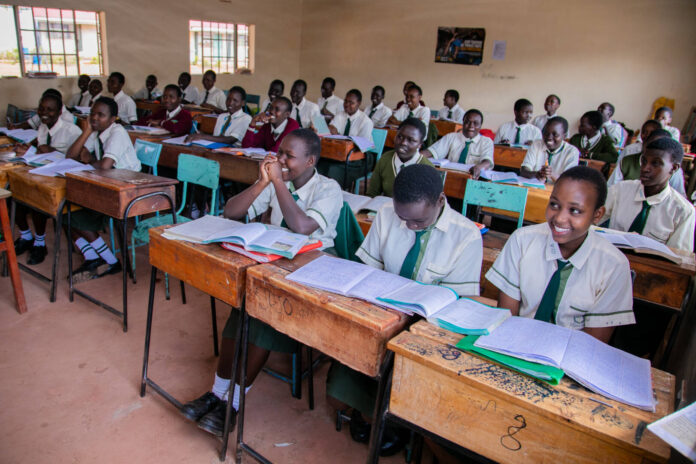WHO says ending child marriage and keeping girls in school could prevent teen pregnancies and save lives.
The World Health Organization (WHO) has warned that teenage pregnancy remains a major global issue, describing it as a reflection of deep-rooted inequality. In a statement released on Wednesday, WHO reported that pregnancy is the leading cause of death among girls aged 15 to 19, particularly in low- and middle-income countries.
Each year, an estimated 21 million adolescent girls in these regions become pregnant, and about half of those pregnancies are unintended. Most of the births—nearly 90%—occur among girls who were married before their 18th birthday.
WHO officials stressed that early pregnancy brings serious physical and emotional risks. Dr. Pascale Allotey, Director of Sexual and Reproductive Health and Research, highlighted the increased chances of infection, complications, and premature births. She added that teen mothers often face interrupted education and limited job prospects, trapping many in poverty.
The organization is urging governments to address the issue by offering alternatives to child marriage. These include expanding access to quality education, financial services, and employment opportunities. According to UNICEF, completing secondary school could reduce child marriage rates by as much as two-thirds.
Despite some global progress—teen birth rates dropped from one in 15 girls two decades ago to one in 25 by 2021—serious gaps remain. In several countries, nearly one in 10 girls aged 15 to 19 still give birth every year.
Dr. Sheri Bastien, an adolescent health expert at WHO, emphasized the importance of education in protecting girls’ futures. She also called for better awareness of consent and efforts to tackle the gender inequalities that continue to drive early marriages and pregnancies.
WHO also reaffirmed its support for comprehensive sexuality education. Since updating its guidelines in 2011, the agency has promoted this approach as an effective way to reduce early pregnancies, delay sexual activity, and help young people understand their reproductive health and contraception options.
By addressing the root causes and providing better support for girls, WHO believes that teen pregnancies can be significantly reduced and millions of lives improved.

